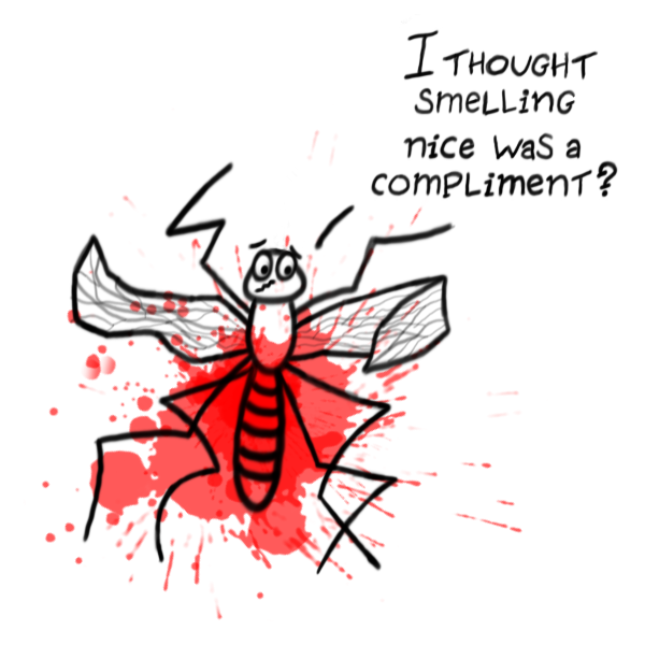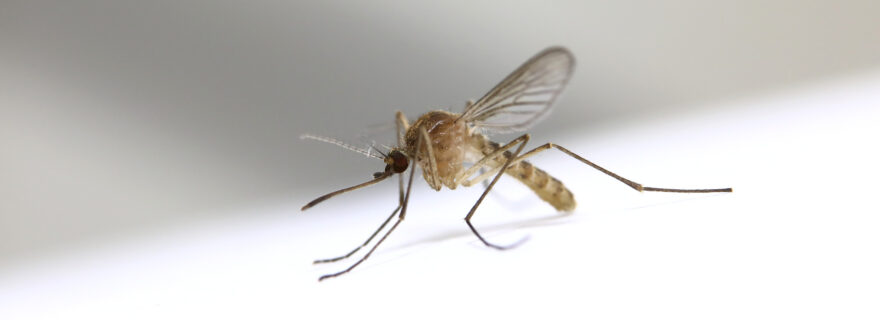Why do mosquitoes love me so much?
We all know someone who always gets attacked by mosquitoes. While everyone is enjoying the BBQ, they need to stay on high alert and still manage to get bitten multiple times by the end of the night. Researchers already have ideas on what makes some people more attractive, but it’s not sweet blood.
Imagine going on a warm summer evening stroll. The work is done, the sun is setting, the sky is blooming with pastel colors reflecting in the still canals and a refreshing breeze drives away the stuffiness of the day. Then, as you are enjoying this moment of peace, you suddenly feel an itch (or two or three if you’re like me).
You might have heard that some people attract mosquitoes more than others because of their blood. Now, it is true that “… levels of attractiveness differ among human hosts.” (Martinez et al., 2021), but it is not because of tastier blood. The truth, as is often with science, is much more complicated.
Generally, mosquitoes use many different cues to detect potential targets. From afar, mosquitoes detect CO2 released from the mouth or through the skin. Once they close in on a target, heat, humidity, visual indicators, and body odor further narrow down their choice of prey.
Researchers think that it is the body odor that sets people apart. One study found that when presented with different people’s odors, mosquitoes consistently preferred certain odor profiles. Others have found that the odor of people that are less attractive to mosquitoes contained more components that are known to repel mosquitoes. These lucky people may simply naturally have more repellent!

Skin bacteria also seem to play a role, since the abundance of certain Staphylococci and Pseudomonas species influence how attractive people were perceived as. Yet, little is known about how and when certain body odor components are produced and in how far genetics, the environment, or the skin microbiome regulate body odor. So, the quest to find an answer to the simple question why mosquitoes love certain people more than others is far from over.
As spring is approaching, so are the mosquitoes. To avoid having your yard or balcony become their breeding ground, make sure to regularly check for stagnant water around the house. If you have a pond, the RIVM recommends ensuring that it can support an ecosystem in which predators of mosquito larvae, such as dragonfly larvae or beetles can also thrive.
To enjoy your next evening outing, wear long clothes and mosquito repellent with ingredients that have been scientifically proven to be effective, such as citronella, DEET, picaridin, or IR3535, and wind down itch-free!
Sources:
Martinez, J., Showering, A., Oke, C., Jones, R. T., & Logan, J. G. (2021). Differential attraction in mosquito–human interactions and implications for disease control. Philosophical Transactions of the Royal Society B, 376(1818), 20190811.






0 Comments
Add a comment